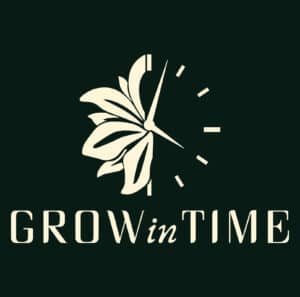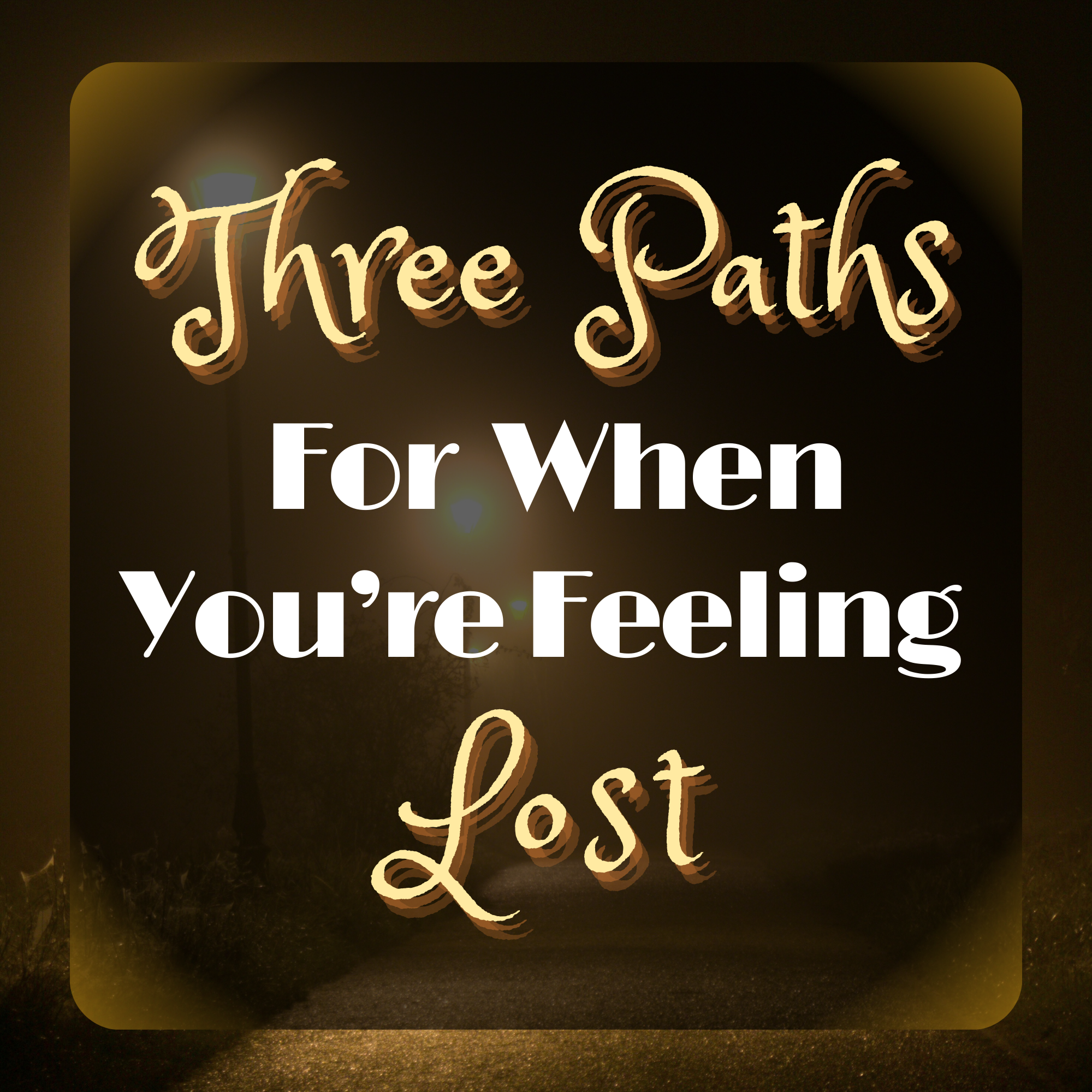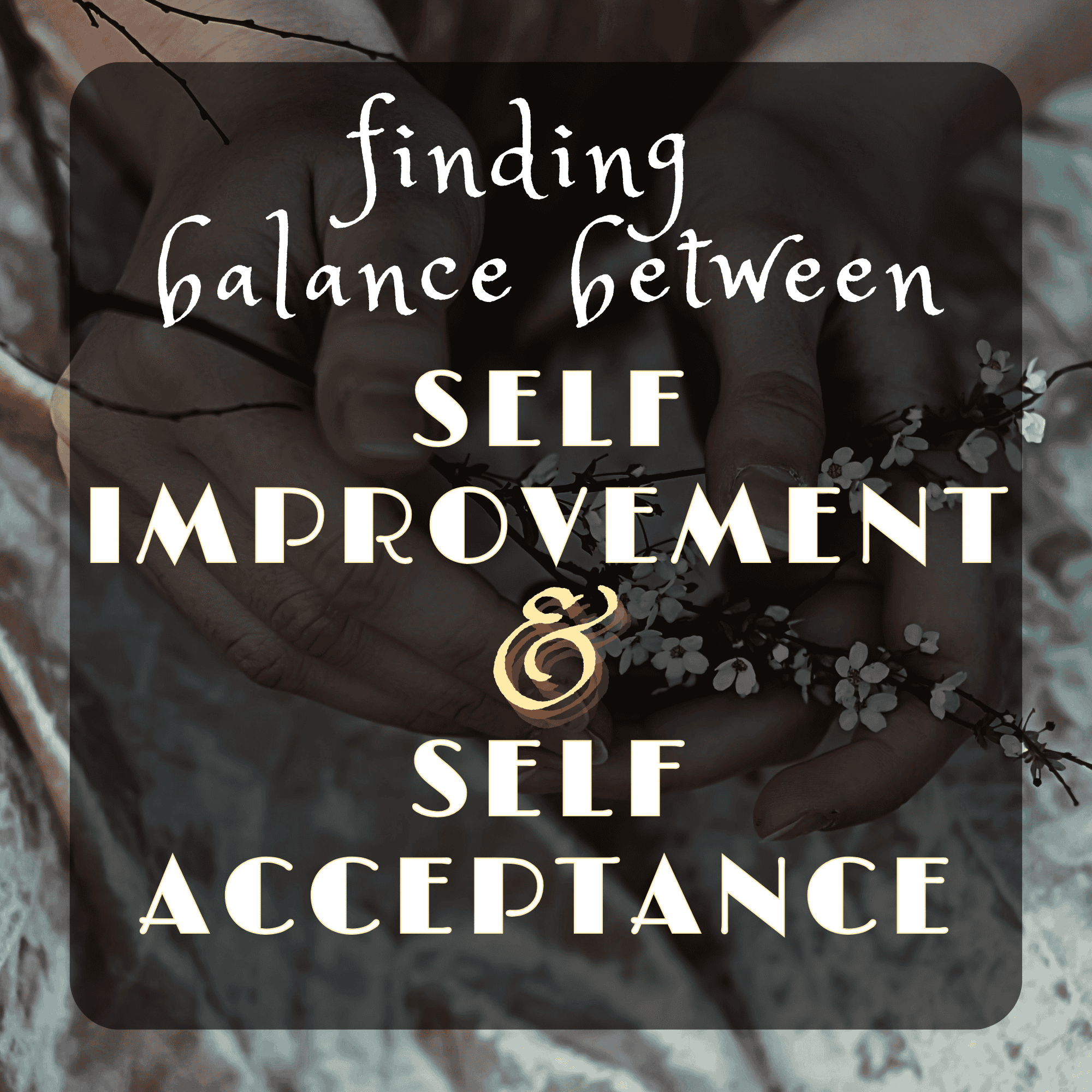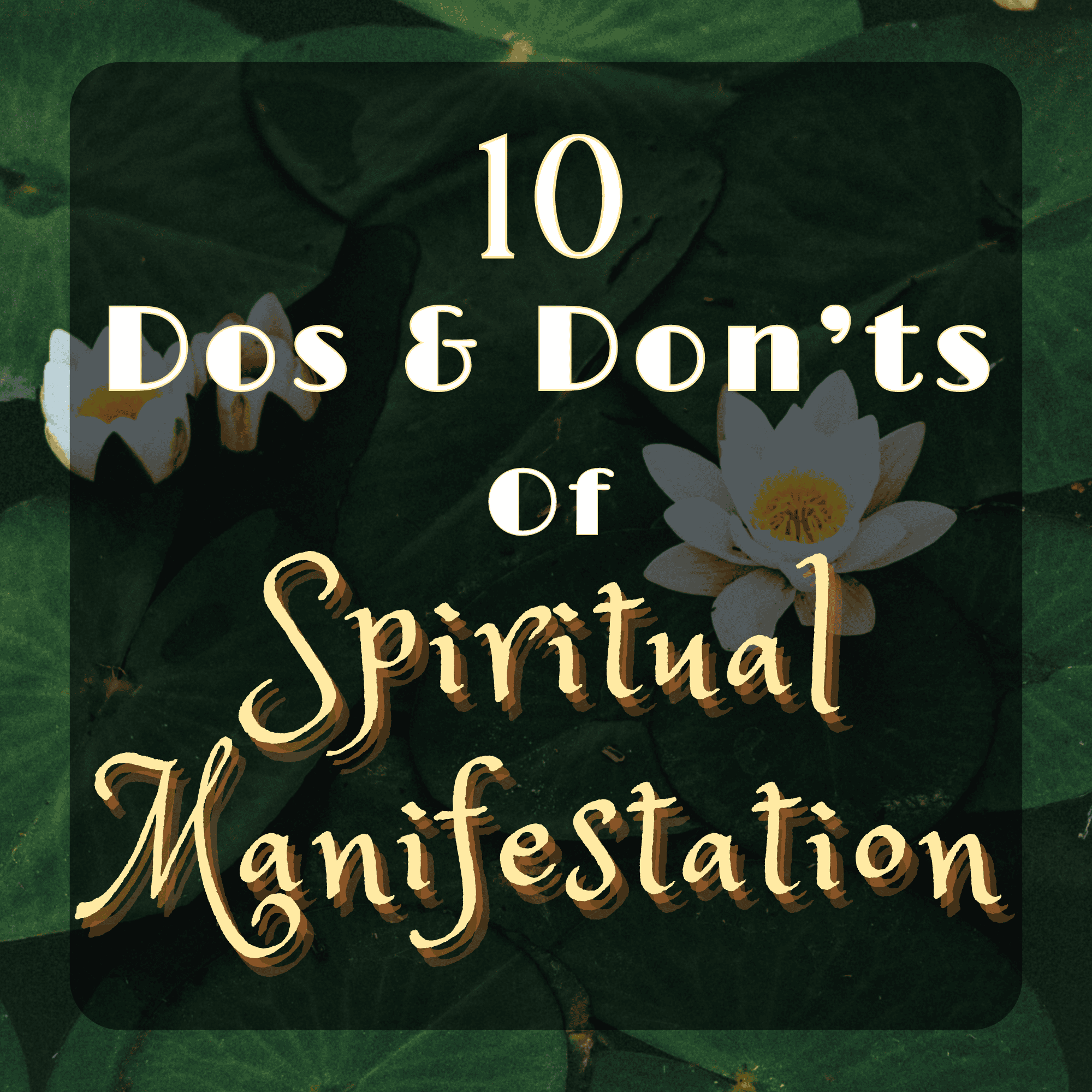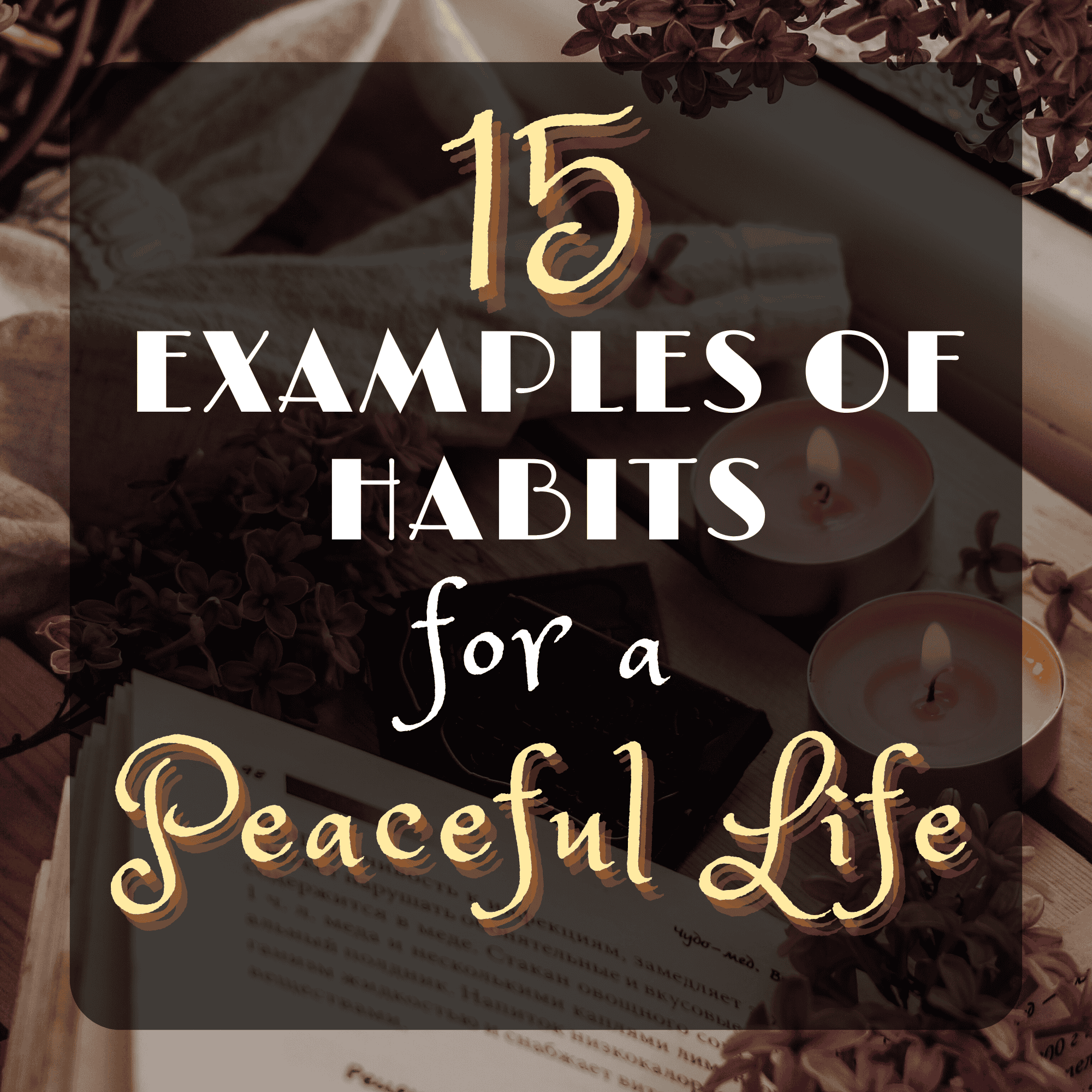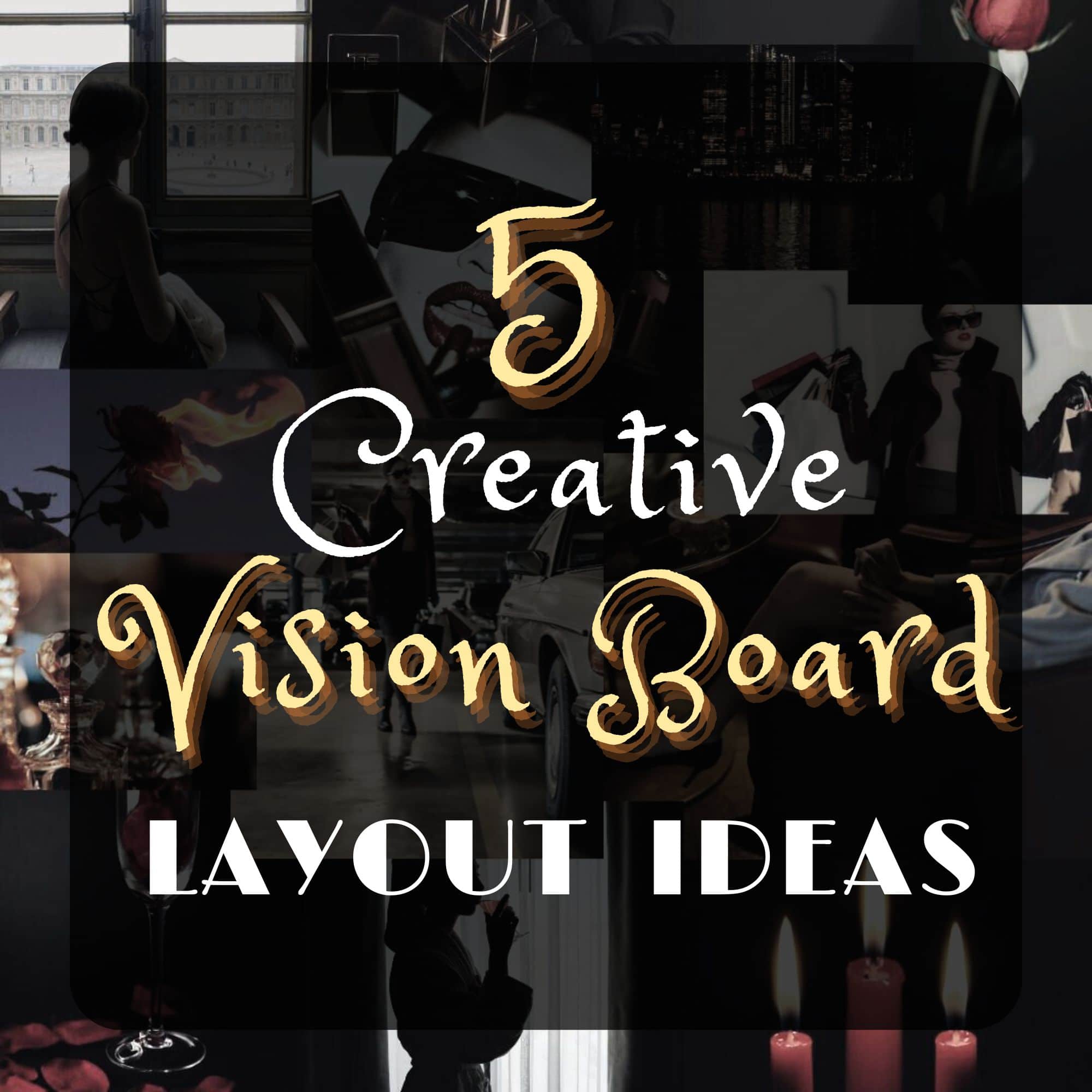The Best Books For Mental Growth
A good book can change a person’s whole perspective on life. It can bring immense inspiration and fuel passion for making changes for the better
Table of Contents

“The unspoken line of everything I write is: ‘This idea changed my life.'”
-Brianna Wiest, 101 Essays That Will Change The Way You Think
The insightful essays in this book can bring comfort and much-needed wake-up calls to anyone who may need it.
There are so many different topics covered but this book still manages to add a lot of value and depth to each one. Most of the chapters are in list form, so the book is easily digestible.
The topics the essays are about are mostly on outlooks on life, human psychology, emotional intelligence, and comforting truths to think upon.
If you struggle to strike a balance between growth and self acceptance, this book can be a great tool for you.
Here’s a quick summary of a few essays contained in the book.
Uncomfortable Feelings that Actually Indicate You’re on the Right Path
This chapter has 16 feelings listed that can be thought about differently. Acceptance and patience can be the difference between a downward spiral and a breakthrough.
Feeling lost or stuck or like you are reliving the same painful patterns can simply mean that you are taking the necessary mental energy to confront things you have been running from.
There are parts of ourselves that each and every one of us is guilty of neglecting and wanting to hide from. In order for progress to be made, those struggles and feelings need to be faced and worked through. You aren’t doing it wrong.
It won’t always feel like a pleasant therapy sesh. It won’t always feel like you have a choice in experiencing them or not. However, trust that there will be calm after the storm, and a rainbow to lead you to greener grass.
8 Cognitive Biases that are Creating the way You Experience Your Life
Every single person is biased to some extent, probably more so than anyone would like to admit or fully come to terms with.
This isn’t our fault as humans, we can only have subjective experiences throughout our whole lives. It is our nature. The issue lies in those that truly believe that their subjective experience is an objective truth.
This chapter goes over the origins of the biases we form in our minds that shape our experiences.
The list of types of biases are as follows
- Confirmation
Despite evidence on the opposing perspective, clinging to only things that support a current opinion and ignoring anything else.
- Anchoring
Basing opinion on a comparison of something else. (this is the psychology behind splurging on an item on sale)
- Negativity
hyperfixating on the negative while ignoring the positive.
- Extrapolation
Assuming a future outcome based on a current perceived trend.
- Conservatism
Refusing to take into account new evidence and instead clinging to old data.
- Clustering illusion
Finding an unnecessary pattern in random events
- Projection
Everyone is the way that I am
- Choice-supportive
Finding evidence/ reasoning to bring your choices into a more positive light.

This book is AMAZING! Your mind will be blown reading this book and learning about the fascinating psychology of the human mind.
This one is a bit more of a hefty read, but it is very worth it.
Thinking Fast and Slow is about the two systems that work in our brains, when they are used, and what they are for.
One part of the brain is our subconscious mind. This part is meant to take on the easy and effortless, and wants to be used as much as possible.
We often think we are fundamentally logical creatures, but this book explores studies and evidence of just how wired we are to rely on our gut feelings and biases.
It gives a transformative perspective on the nature of humans and gives very useful knowlege of psychology.
The Pathless Path is a story that gives good insight in questioning societal norms and standards. Specifically the claims and requirements of success and a fulfilling life.
This book is the story of the author, Paul Millerd. His experience is one that many can relate to.
Many people want to “escape the rat race”, but are deep down afraid and reason their way into continuing the same path to make others happy. In the book he calls this the “default path” aka: college, 9-5 job, big house, etc.
Paul Millerd had gotten very good at finding hacks and “doing it all right” and became very successful in the eyes of others. However unsurprisingly he was unfulfilled.
He talks about some psychological traps that are preventing us from living out our best lives. The unnecessary prioritization of admiration and the fear of uncertainty can cause us to self-sabotage progress toward our dreams.
Overall his story is incredibly inspiring and is worth a read no matter who you are or where you are in life.
This one makes a point of not just handing you the answer, and trusts you to come up with it in your own time after a series of stories from successful people. People who have “figured out” the secret to making a lot of money.
Like most other self-help and finance books, Think and Grow Rich drives home the idea that mindset is everything.
We cannot always choose the thoughts that pop into our heads, but we do have the power to be mindful and specific with which ones we ruminate on and how we redirect our thought patterns. everything begins with a thought, an idea
This book addresses types of fears that hold us back and encourages us to harness our passion and determination to become unstoppable.
Couldn’t leave out this classic!
Atomic Habits by James Clear is an amazing life-changing book. It is all about baby steps and 1% progress each day. The main goal is to use time to your advantage, rather than unknowingly sabotaging your future.
This book has a bunch of incredibly helpful techniques for habit-building and also talks about ways to stop habits we do not want to have. The great part about this book is that the answer is not a copout like “be more disciplined” or “start your day at 2 am for no reason”.
This book focuses on practical and proven ways to hack your own psychological programming. Instead of feeling guilty and frustrated for not being able to keep up habits, here are ways to make it easier.
One of my favorite parts of the book is the idea of reducing friction. It is simple, but ridiculously effective. Simply find ways to make the task you want to regularly repeat have less steps. Want to dress nicer? plan your outfit the night before. Want to ride your bike more often? Take it out of the shed and make sure it is tuned up and ready to go!
Best Book Options For Your Needs
Best for free spirits
Best for getting on track
Best for analytical minds
Best for getting determined
Basically just free therapy
